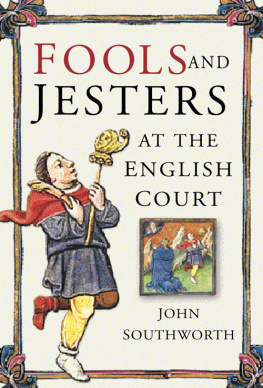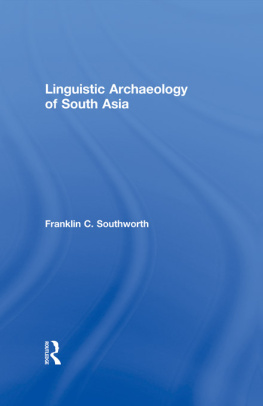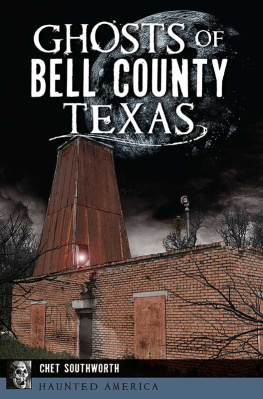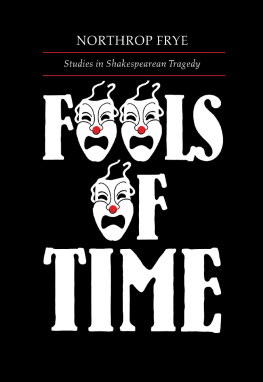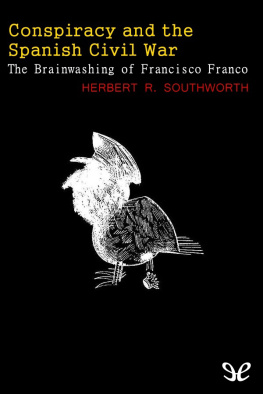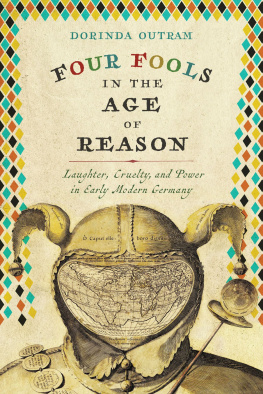Southworth - Fools and Jesters at the English Court
Here you can read online Southworth - Fools and Jesters at the English Court full text of the book (entire story) in english for free. Download pdf and epub, get meaning, cover and reviews about this ebook. year: 2011, publisher: Perseus, genre: Detective and thriller. Description of the work, (preface) as well as reviews are available. Best literature library LitArk.com created for fans of good reading and offers a wide selection of genres:
Romance novel
Science fiction
Adventure
Detective
Science
History
Home and family
Prose
Art
Politics
Computer
Non-fiction
Religion
Business
Children
Humor
Choose a favorite category and find really read worthwhile books. Enjoy immersion in the world of imagination, feel the emotions of the characters or learn something new for yourself, make an fascinating discovery.
- Book:Fools and Jesters at the English Court
- Author:
- Publisher:Perseus
- Genre:
- Year:2011
- Rating:4 / 5
- Favourites:Add to favourites
- Your mark:
- 80
- 1
- 2
- 3
- 4
- 5
Fools and Jesters at the English Court: summary, description and annotation
We offer to read an annotation, description, summary or preface (depends on what the author of the book "Fools and Jesters at the English Court" wrote himself). If you haven't found the necessary information about the book — write in the comments, we will try to find it.
Fools and Jesters at the English Court — read online for free the complete book (whole text) full work
Below is the text of the book, divided by pages. System saving the place of the last page read, allows you to conveniently read the book "Fools and Jesters at the English Court" online for free, without having to search again every time where you left off. Put a bookmark, and you can go to the page where you finished reading at any time.
Font size:
Interval:
Bookmark:
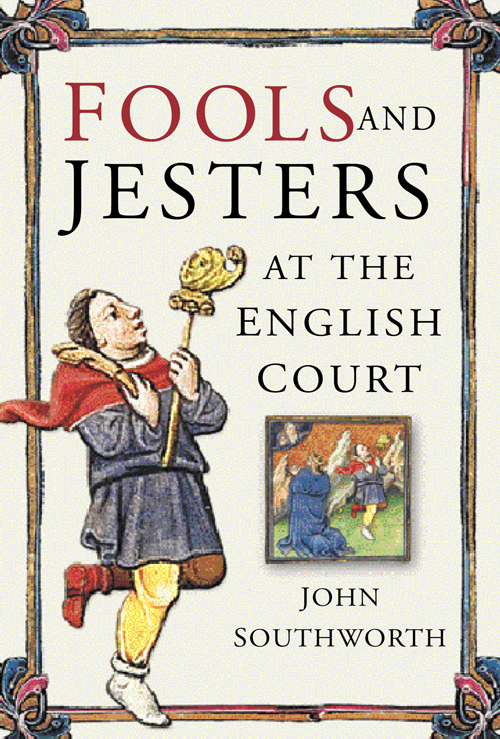
ENGLISH COURT
ENGLISH COURT
JOHN SOUTHWORTH

First published in 1998
The History Press
The Mill, Brimscombe Port
Stroud, Gloucestershire, GL 5 2 QG
www.thehistorypress.co.uk
This ebook edition first published in 2011
All rights reserved
John Southworth, 1998, 2003, 2011
The right of John Southworth, to be identified as the Author of this work has been asserted in accordance with the Copyrights, Designs and Patents Act 1988.
This ebook is copyright material and must not be copied, reproduced, transferred, distributed, leased, licensed or publicly performed or used in any way except as specifically permitted in writing by the publishers, as allowed under the terms and conditions under which it was purchased or as strictly permitted by applicable copyright law. Any unauthorised distribution or use of this text may be a direct infringement of the authors and publishers rights, and those responsible may be liable in law accordingly.
EPUB ISBN 978 0 7524 7986 6
MOBI ISBN 978 0 7524 7985 9
Original typesetting by The History Press
I n the pages that follow I attempt to answer a series of straightforward historical questions. Who were the fools and jesters who are said to have served a succession of English kings and queens in their courts throughout the Middle Ages and up to the time of the Stuarts? If they were real people, and not just a retrospective invention of later poets and playwrights reflecting a now discredited romantic view of the past, what were their names and dates? Secondly, what was the nature of the relationships they are supposed to have enjoyed with their patrons? And, if such relationships are found to have some basis in historical fact, how did they vary, if at all, from age to age and from person to person? Thirdly, what did the fools actually do or say (and what costume did they wear) in fulfilling the role attributed to them?
At every turn of such an investigation, a stereotypical answer leaps out at us from an abundance of familiar images deriving from folklore, emblematic art (most of it continental in origin), and more recent stage traditions. Most turn out to be wrong or, at best, misleading. The truth, of course, is more difficult to find and altogether less simple.
The obstacles I have encountered in separating fact from various kinds of fiction may be readily imagined. The thing would not be worth doing at all if one did not exclude, as I have tried to do, all but contemporary evidence. For this reason, the matter of the jest-books written for the most part long after the death of those fools whose names were attached to them, often quite arbitrarily and much else that is of literary rather than historical interest has been left to one side. Nor have I concerned myself with folly as a literary or philosophical concept, but only with the persons of professional fools as they practised their particular skills at the English court.
Though the information I have come up with may disappoint those who are looking for simplistic answers to the questions I have posed or merely for confirmation of their preconceptions, I console myself with the belief that even the smallest facts are inherently more interesting than large but unsupported generalities. But facts of themselves especially of the historical kind tell us nothing unless they are placed in context and we know something of the background from which they have come. It is for this reason that I have devoted a first, introductory chapter to the king/fool relationship itself, and prefaced those early chapters in which I distinguish the various categories of fool the dwarfs and the warriors, the clever and the truly foolish with some background information from earlier and more distant cultures. Thereafter, I limit myself to the English court.
In the course of my research and writing, I have accumulated many debts of gratitude to those who have helped me in various ways. Firstly to Richard Barber of Boydell and Brewer who commissioned an earlier book on the minstrels which led me directly to my present subject, and for allowing me to make use of material from The English Medieval Minstrel that is equally, perhaps more, pertinent here. To the many librarians throughout the country who have aided my research by providing facilities to an itinerant performer, I can only express my thanks in general terms; but I must make a special mention of the librarian and staff of my home library, the Suffolk County Library in Ipswich, for their unfailing and friendly assistance over a long period. Thanks are due also to those institutions which have allowed me to reproduce illuminations, paintings or other artefacts in their collections and, in most instances, have supplied me with photographs of them. These are acknowledged severally in the captions. A final word of thanks to my Ipswich neighbour, Dr J.M. Blatchly, for finding time to read several of my chapters and for his valuable suggestions for their improvement. Responsibility for the whole of my text, especially its mistakes, remains of course mine.
JS
Ipswich, 2003
C lowns, fools comedians of one kind or another have been a feature of virtually every recorded culture in the history of civilisation and have made significant contributions to the development of early theatre and literary drama. This is certainly true of western European culture, and nowhere more so than in England, where the fool in various disguises is found at the heart of popular dramatic activity from its earliest recorded beginnings.
The history of the fool in that more general sense makes a fascinating story that has already been told, and will remain in the background of all that follows. But my subject here is with a particular type of fool, separated from others by the special relationship that he enjoyed with king or ruler as his personal retainer. He commonly goes by the name of jester, though that is a term that in its present usage dates only from the Tudor period. I shall call him simply a court or kings fool.
In some of the earliest European records he is designated nebulo, a word expressive of clerical contempt but which nevertheless conveys an accurate assessment of his social standing; he was seen as a paltry, worthless fellow, a nobody. It was not merely that his position in the feudal hierarchy was low; like the minstrels, he was altogether excluded from it. Being neither lord nor cleric, freeman nor serf, he existed in a social limbo. Even in his natural habitat of the court, he remained apart, almost as if he belonged to another species. In this, his situation was more extreme than that of the minstrels. Though obliged to sit at a separate table (when not performing), they at least had the companionship of their fellows; he was alone in his separation. In fifteenth-century scenes of court life, he occupies otherwise empty spaces or is shown flitting from one group of courtiers to another, a barely corporeal presence.
It was only in relation to his master that he was able to gain identity. By definition, he was someone on whom the king could bestow his favour without giving rise to any of the jealousies or counter-claims on the part of competing court factions that normally accompanied the exercise of royal patronage. Indeed, his office was a gift of the dubious kind that few would regard as a favour at all; it was one that none but he that hath wit can perform, and none but he that wants wit will perform.1 And whatever position at court the fool might obtain through a successful performance of his role over a period of time, he remained wholly and permanently dependent on that favour. It could be withdrawn at any time and frequently was; and when that happened, he could usually be relied upon to disappear from the scene as though he had never existed. Yet, for as long as it lasted, the bond between the king and himself might be close, even intimate, and in those circumstances he could come to have a real, if incalculable, influence on his masters policy and decisions. Again, the fools nebulous status at court enabled him to act on occasion as confidential informant or spy as the fool Golet is said to have done for William of Normandy, warning him of the approach of intending assassins and thus saving the future Conquerors life. It was the source and pre-condition of whatever freedom of action he enjoyed.
Font size:
Interval:
Bookmark:
Similar books «Fools and Jesters at the English Court»
Look at similar books to Fools and Jesters at the English Court. We have selected literature similar in name and meaning in the hope of providing readers with more options to find new, interesting, not yet read works.
Discussion, reviews of the book Fools and Jesters at the English Court and just readers' own opinions. Leave your comments, write what you think about the work, its meaning or the main characters. Specify what exactly you liked and what you didn't like, and why you think so.

